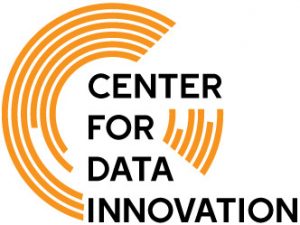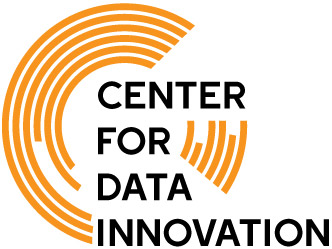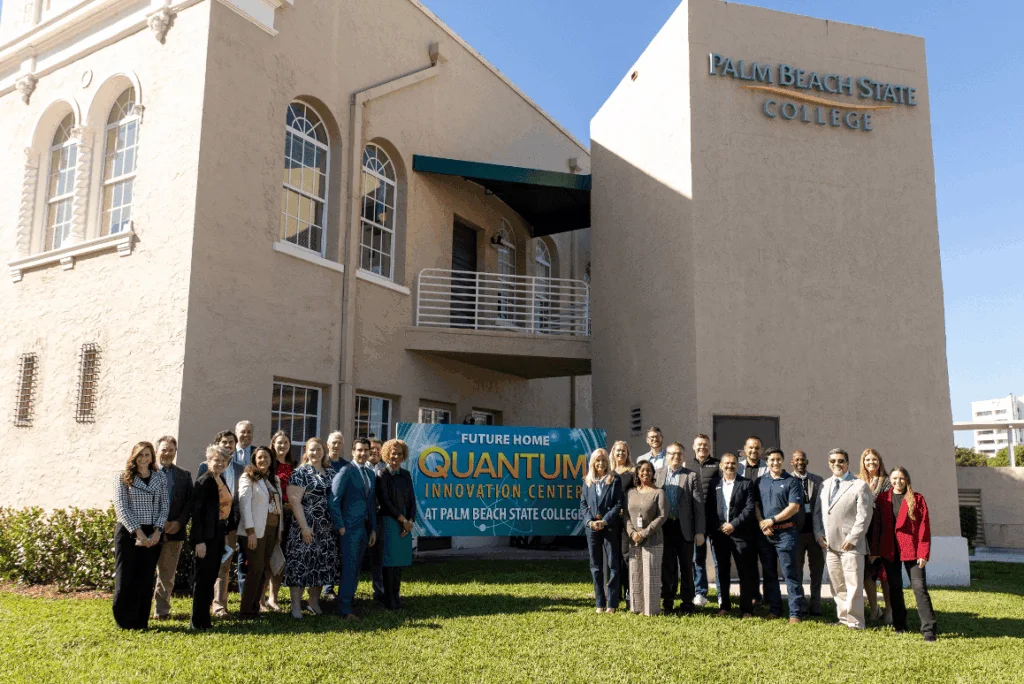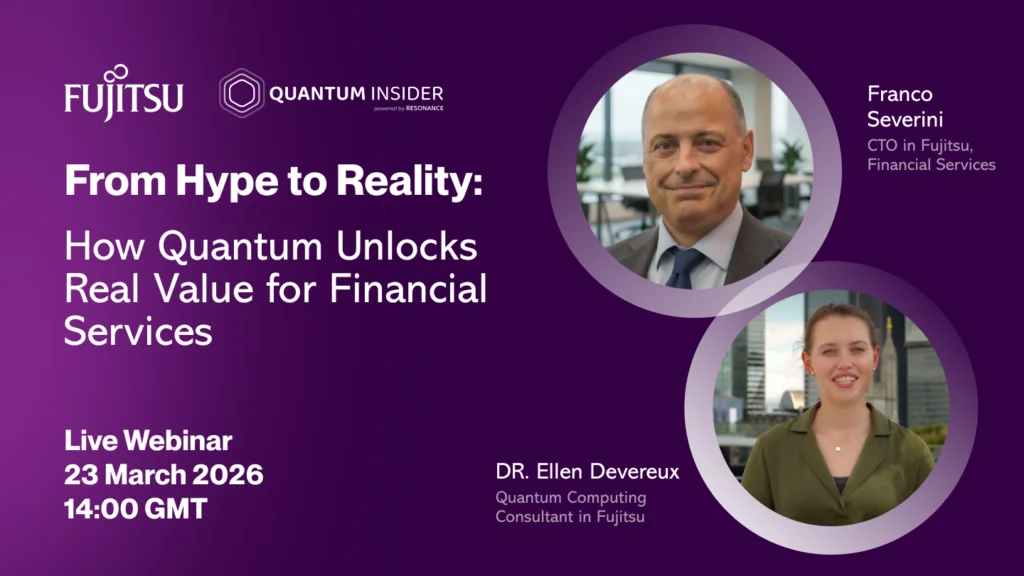
Quantum computing technologies are still in the early phases of development, but organizations are already using them in real-world applications from designing drugs to optimizing inventory systems to reducing carbon emissions. As other nations rapidly scale up their investments to develop and use quantum computing, a new report released today by the Center for Data Innovation urges U.S. policymakers to ensure the United States remains a leader in the field by investing in these near-term applications. Doing so would bolster the development of longer-term use cases, according to the Center, which would help cement U.S. economic competitiveness and protect national security.
“The U.S. government can best support the scaling up of current quantum technologies by fostering a commercial market for them in the near-term.”
“The current enthusiasm for quantum computing could lead to a virtuous cycle of progress, as the semiconductor industry has seen, but only if we invest in near-term applications for the quantum computing technologies to ensure they are successful,” said Hodan Omaar, policy analyst at the Center for Data Innovation and author of the report. “The U.S. government can best support the scaling up of current quantum technologies by fostering a commercial market for them in the near-term.”

The Center’s new report details how current quantum devices can already solve problems in an array of application areas, such as health care, manufacturing, transportation, and the environment. Researchers have identified several other potential application areas, but these findings remain in the research space. Even so, many nations, including China, have begun to target quantum technologies as a key industry, announcing large research initiatives and programs to further develop these technologies and advance their position in the field.

To ensure the United States remains a leader in the field, the Center calls on Congress to provide $500 million over five years to support academic research projects that have near-term applications. Ideally, this program would encourage and support research projects that align with regional economic development goals by fostering collaboration and partnerships between universities, local businesses, and state and local governments.
The Center recommends that Congress establish a National Quantum Research Cloud to provide academic researchers with affordable access and training for high-end quantum computing resources in a secure cloud environment. In addition, the Center urges the U.S. government itself to play a role in exploring quantum applications, not only to better solve agency-specific problems but also to signal the benefits of doing so to the private sector. Lastly, even though the development of a large-scale quantum computer capable of breaking cryptographic protocols is at least a decade away, the Center recommends that Congress consider incentivizing post-quantum cryptography transition in the public and private sectors.
“Quantum computing brings substantial national security implications, as well as the potential to transcend the current computational boundaries,” said Omaar. “Being a leader in this technology is of strategic economic and social importance to the United States. Policymakers should act now to start a virtuous cycle for quantum computing by supporting near-term quantum applications.”
About the Center for Data Innovation
The Center for Data Innovation is the leading global think tank studying the intersection of data, technology, and public policy. With staff in Washington, D.C. and Brussels, the Center formulates and promotes pragmatic public policies designed to maximize the benefits of data-driven innovation in the public and private sectors. It educates policymakers and the public about the opportunities and challenges associated with data, as well as technology trends such as open data, artificial intelligence, and the Internet of Things. The Center is a part of the nonprofit, nonpartisan Information Technology and Innovation Foundation. For more about the Center, visit datainnovation.org.
Source — Center for Data Innovation
For more market insights, check out our latest quantum computing news here.















